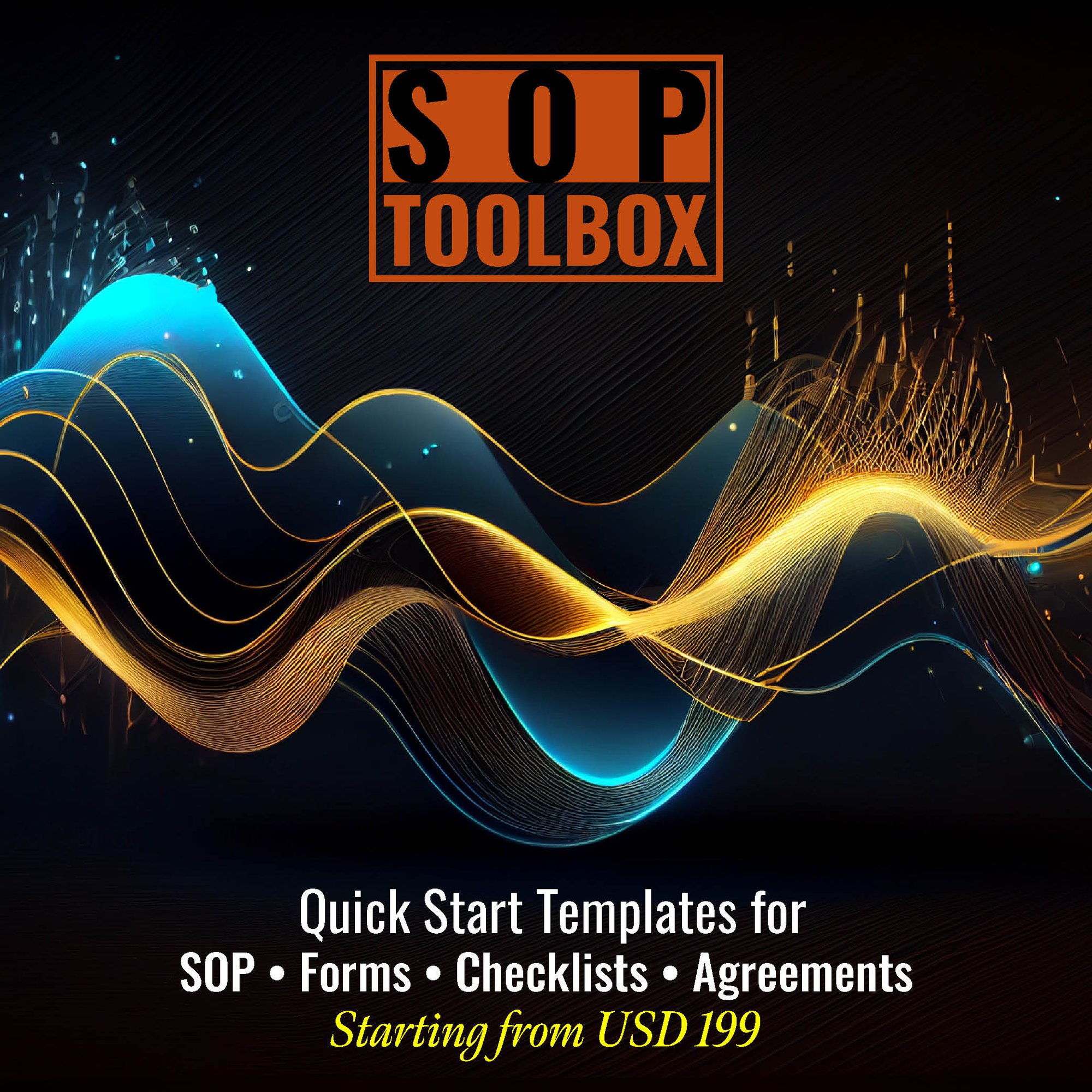Agreements play a crucial role in the transportation and warehousing industry, forming the backbone of efficient logistics operations. These agreements encompass a wide range of contracts that govern relationships between various stakeholders involved in the movement and storage of goods.One of the key agreements is the transportation contract, which outlines the terms and conditions for shipping goods from one location to another. This includes agreements with carriers such as trucking companies, railways, airlines, and shipping lines. These contracts detail aspects like delivery schedules, freight rates, liability for damages, and insurance coverage, ensuring smooth and timely transportation of goods.Warehousing agreements are equally vital, especially for businesses requiring storage space for inventory. These agreements define the terms of storing goods in warehouses, including rental rates, storage duration, handling fees, and security measures. They also cover aspects like inventory management, order fulfillment, and return logistics, ensuring that goods are stored safely and efficiently.Additionally, agreements related to supply chain management, third-party logistics (3PL) services, customs clearance, and freight forwarding are essential for coordinating and optimizing transportation and warehousing activities. These agreements help businesses navigate regulatory requirements, minimize risks, and achieve cost-effective and reliable logistics operations.In essence, agreements in the transportation and warehousing sector are instrumental in fostering strong partnerships, mitigating legal risks, optimizing resource utilization, and ultimately delivering value to customers by ensuring timely delivery and efficient storage of goods.















Leave a Reply